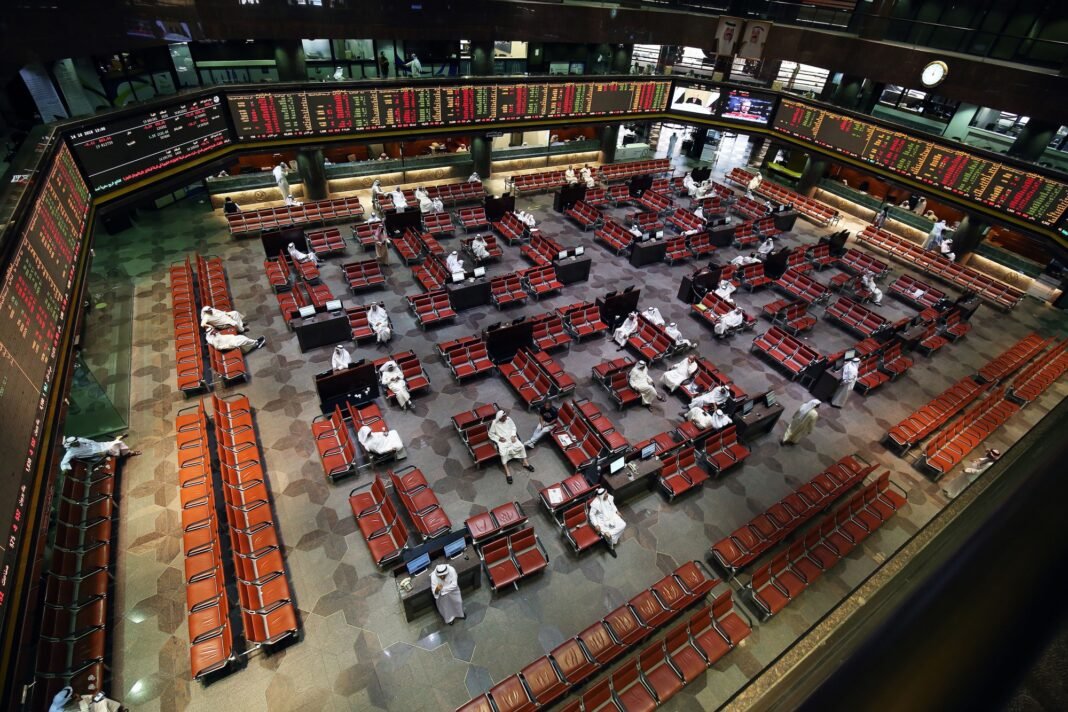Kuwait can now borrow from international markets after eight years. A new law increases the public debt ceiling to KD30 billion ($97.4 billion). It also allows financial instruments with maturities of up to 50 years. With this law, Kuwait opened global debt marketsto strengthen its economy and ensure long-term economic stability.
The old financing and liquidity law expired in 2017. Since then, Kuwait has faced challenges in securing international funding. The new law aims to fix this issue. It allows debt issuance in different currencies, giving the country more financial options. Kuwait opens global debt markets to improve its economy and attract foreign investors.
Faisal Al-Muzaini, director of public debt at the Finance Ministry, explained the law’s benefits. He said it will help manage public debt and liquidity more efficiently. It will also improve Kuwait’s sovereign rating and protect liquidity reserves. These changes will encourage economic growth and increase investor confidence.
Economic experts see this law as a major step forward. Monica Malik, chief economist at Abu Dhabi Commercial Bank, believes the law shows progress in financial reforms. Fitch Ratings also supports the move. The agency stated that approving this long-delayed law will increase fiscal flexibility and reduce financial risks.
Even without this law, Kuwait has strong financial reserves. Fitch noted that the government has enough assets to meet its financial needs. However, the new law makes borrowing easier and adds more financial security.
Earlier this month, Kuwait approved its 2025-26 budget. However, the country expects a higher deficit due to lower oil revenues. Non-oil income is projected to grow by 9%, helping balance the budget. Kuwait opens global debt markets to support its economy and ensure future financial stability.





